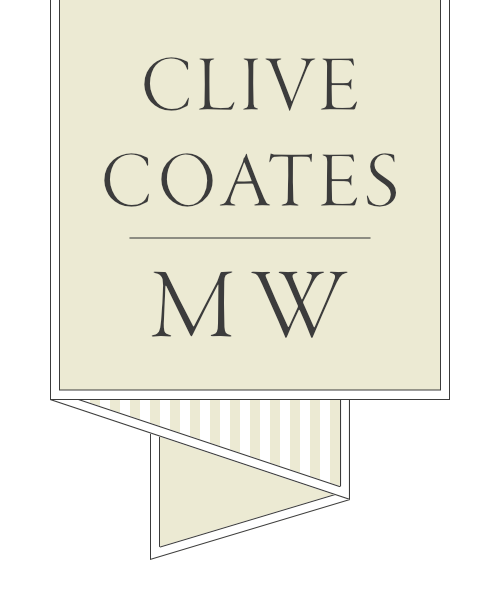BOOK REVIEW
The Road To Burgundy
The Unlikely Story of an American Making Wine and a New Life in France
By RAY WALKER
Gotham Books. US $26.00
People have asked me: have I ever been tempted to make my own wine? Not at all, I have firmly said. Pruning the wines in the bleak mid-winter. Ploughing, spraying and cutting back the growth from dawn to dusk in June. The agonizing task of having perhaps to chuck out a quarter of the fruit before vinification if the weather had not been kind. And all the rest of what is very much physical work in the vineyard and in the winery. Plus the inevirable choice of having either to drink something not very pleasant or pouring it down the sink – if one had screwed up, that is. No. I would rather be the prostitute (politely called critic) that I am. Much less hard work!
One person who did do this is the early thirties year-old Ray Walker. This is his story. It is fascinating. Ray Walker comes from a middle class, reasonably well-to-do, Californian family whose business is real-estate. He worked for them and subsequently the bankers Merrill Lynch. His parents drunk wine very rarely. So did he. But one evening, the last of a holiday in Florence, a local wine was served, one of no pretention, it seems, and a Damascene conversion took place. Back home he began reading books, drinking what he could afford and going to wine tastings. The wines were mainly if not exclusively Bordeaux or Californian Bordeaux-type blends.
But he didn't like what he drank. What was all the fuss about? one can feel him saying.
Then one day, owing to a mix up with dates, he arrived with his wife Christian – who I fell in love with in these pages – to a tasting of the wines of Burgundy. This was Damascus cubed! Finally he began to undersrand what wine really was.
Walker rapidly became the worst sort of wine geek. He devoured books on Burgundy old and new. He could have bored your head off with the most obscure nitty-gritty about every grand and premier cru in the Côte. But at the same time he became increasingly unsatisfied with his job in high finance. What he really wanted to do was to go and make wine in Burgundy. Christian said: I believe in you. (I told you she was gorgeous). Go for it! And so he did.
Now most of us at this point would enroll in Wine School somewhere and organise a year or so as an intern at a winery. Ray Walker didn't have the patience. He worked one vintage in the Sonoma. Hardly was that finished then he was off to Burgundy. Imagine it. Here is a man of limited financial resources, even more limited French, and very little practical knowledge of making wine. It would be difficult enough for someone adept to come in from the outside and make headway. And this is not to mention the well-nigh inpenetrable French bureaucracy. Americans aren't supposed to be able to set up in business in France. You would have thought it impossible for Ray Walker.
Yet with a great deal of luck, the volonté of the locals, and he was most fortunate that Burgundians in general go out of their way – in Ray Walker's case well out of their way – to help out, he managed it. In his first vintage, 2009, he vinified six casks of Charmes-Chambertin, four of Morey-Saint-Denis, Les Chaffots and three of Chambertin. No American had vinified Chambertin before. The names have been changed. So we don't know who supplied him with the grapes. Ray Walker is properly discreet.
I first visited him a year later, in his premises in Nuits-Saint-Georges. There was a virulent stink of sulphuric acid around the place as he was attempting to eliminate the rust from a couple of old keys. But I could taste these three 2009s, and very good I thought they were. A minimum of punching down, no stems, an absence of new oak. It was obvious that the Walker objective was purity above all, as well as an insistence on retaining absolutely as much of the character of each individual terroir as possible. I commend this attitude. By 2013 Ray Walker has expanded to add Volnay Robardelles, Morey Les Monts Luisants, Chambolle les Feusselottes and Mazoyères-Chambertin. And even some Chablis.
This is a delightful book. Some of those on this general theme are both jocose and patronising (think Peter Mayle's A Year in Provence). But Ray Walker could not be patronising if he tried. Nor is there any artificial humour. He comes across as utterly passionate and single-minded, yet at the same time easy-going, adaptable and uxorious. A nice guy who makes very good wine.
The wines appear under the label of Maison Ilan – the second name of his daughter Bella. They are imported into the USA by Polaner in New York; in the UK by Swansfoot Ltd.

